Embark on a journey into the intricate web of Gaia Theory, a captivating concept that delves into the interconnectedness of all living beings on our planet. In this article, we will unravel the meaning behind Gaia Theory, exploring how it influences our understanding of Earth as a self-regulating organism. Join us in exploring the subtle yet profound implications of this theory as we navigate through the realms of ecology, science, and philosophy. Let’s venture into the depths of Gaia Theory and discover the profound meaning it holds for our world and beyond.
Table of Contents
- Exploring the Origins of Gaia Theory
- Understanding the Core Principles of Gaia Theory
- Implications of Gaia Theory for Environmental Conservation
- Applying Gaia Theory Concepts in Everyday Life
- Q&A
- In Conclusion
Exploring the Origins of Gaia Theory
**Gaia Theory** delves into the interconnectedness between living organisms and the Earth’s systems, proposing that the planet functions as a single living organism in itself. This holistic approach views the Earth as a self-regulating entity where biological and environmental processes interact to maintain a stable and conducive environment for life.
<p>**Originating from the scientific hypothesis put forth by James Lovelock** in the 1970s, Gaia Theory finds its roots in the idea that the Earth's biosphere, atmosphere, and geology are intricately linked and collectively form a complex, self-sustaining system. This perspective challenges traditional views of the Earth as a passive environment, highlighting the dynamic and interconnected nature of life on our planet.</p>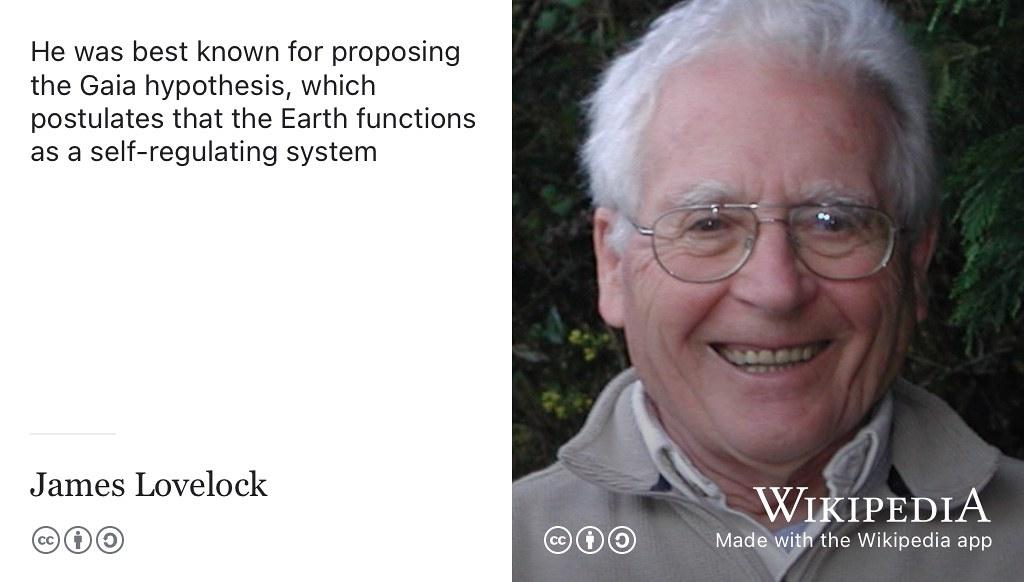
Understanding the Core Principles of Gaia Theory
The core principles of Gaia theory revolve around the interconnectedness of all living organisms on Earth. At the heart of this concept lies the idea that the planet functions as a single, self-regulating system where various elements work together to maintain balance and harmony. Understanding Gaia theory requires delving into the intricate relationships between the biosphere, atmosphere, hydrosphere, and lithosphere that collectively form the Earth’s intricate web of life.
Key aspects of Gaia theory highlight the profound impact of biodiversity, feedback mechanisms, and environmental resilience. By recognizing how ecosystems adapt and evolve in response to changing conditions, we gain insight into the resilience of Earth as a living organism. Through this lens, we come to appreciate the delicate balance that sustains life on our planet, emphasizing the importance of preserving and nurturing our interconnected world for future generations to thrive.
Implications of Gaia Theory for Environmental Conservation
The Gaia Theory proposes that the Earth is a self-regulating system, akin to a living organism that maintains conditions suitable for life. This concept challenges the conventional view of Earth as a series of disconnected ecosystems, emphasizing instead the interconnectedness and interdependence of all life forms.
<p>Implementing the principles of Gaia Theory in environmental conservation could revolutionize the way we approach sustainability. By recognizing the Earth as a dynamic, living entity, conservation efforts can focus on fostering balance and harmony within the planetary system, encouraging biodiversity, and promoting reciprocity between humans and nature.</p>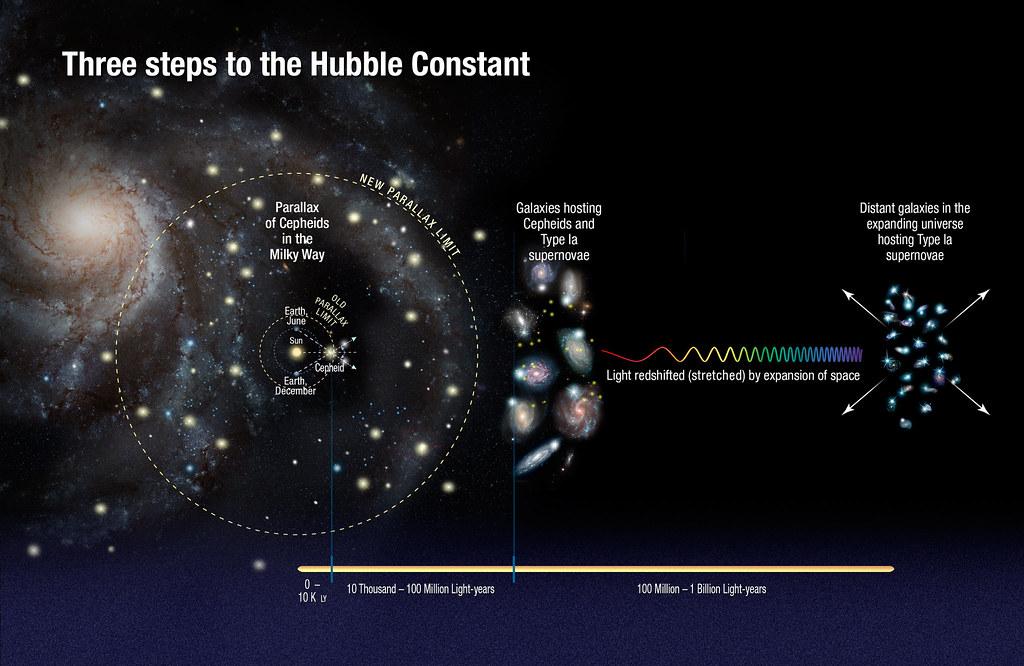
Applying Gaia Theory Concepts in Everyday Life
The interconnectedness of all living beings and the environment is at the heart of Gaia Theory. By embracing this concept in our daily lives, we can cultivate a deeper sense of harmony with nature and foster a more sustainable way of living. Imagine viewing your actions as ripples in a vast web of life, where each choice you make has the potential to resonate across the ecosystem.
Incorporating Gaia Theory principles into our routines can be as simple as consciously reducing our carbon footprint, supporting local agriculture, or practicing mindfulness in our consumption habits. By honoring the intricate balance of nature, we can strive to create a more resilient and thriving planet for future generations. Let’s embark on this journey together, where each step we take towards living in alignment with Gaia enriches not only our lives but the entire interconnected tapestry of existence.
Q&A
Q&A: Exploring the Meaning of Gaia Theory
Q: What is Gaia Theory all about?
A: Gaia Theory is a fascinating concept that views Earth as a self-regulating organism where all living and non-living components interact to maintain a harmonious balance.
Q: Who proposed the Gaia Theory?
A: The Gaia Theory was proposed by the eminent scientist James Lovelock and biologist Lynn Margulis in the 1970s.
Q: How does Gaia Theory relate to environmental awareness?
A: Gaia Theory emphasizes the interconnectedness of all elements on Earth, promoting a deeper understanding of our impact on the environment and the importance of conservation efforts.
Q: What are some practical implications of Gaia Theory?
A: Understanding Gaia Theory can lead to more sustainable practices in agriculture, energy consumption, and overall environmental stewardship.
Q: Can Gaia Theory provide insights into climate change?
A: Yes, Gaia Theory offers valuable insights into climate change by highlighting the delicate balance between Earth’s systems and the impact of human activities on this equilibrium.
Q: How can individuals incorporate Gaia Theory into their daily lives?
A: By adopting eco-friendly habits, supporting conservation initiatives, and cultivating a sense of respect for nature, individuals can embody the principles of Gaia Theory in their daily routines.
In Conclusion
As we delve deeper into the concept of Gaia Theory and its profound implications on our understanding of Earth as a living organism, one cannot help but marvel at the interconnectedness of all life forms on this beautiful planet. The intricate web of relationships between living beings and their environment serves as a gentle reminder of our responsibility to nurture and protect the delicate balance that sustains life. Embracing the wisdom encapsulated in Gaia Theory opens doors to a more harmonious coexistence with nature and each other. Let us walk gently on this living Earth, guided by the deep wisdom of Gaia, as we strive to create a sustainable future for generations to come. Life is a dance, and we are all part of the cosmic symphony called Gaia.
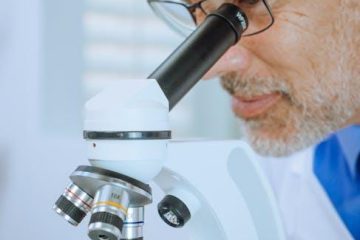
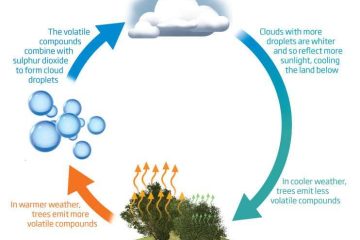
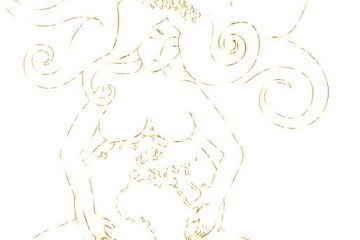
0 Comments